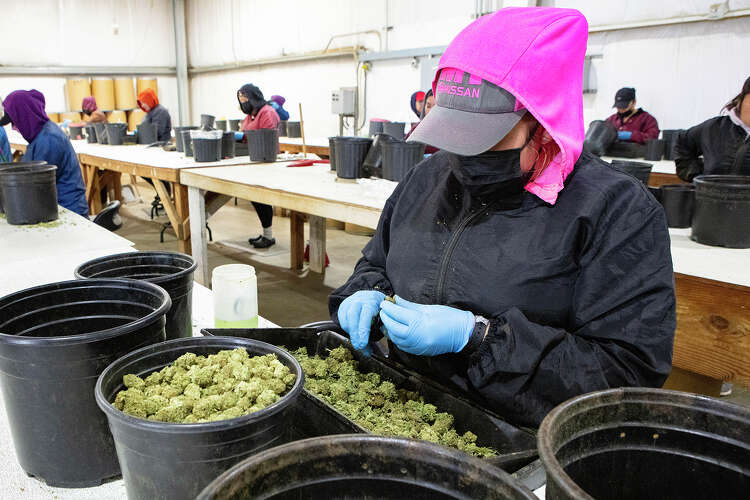California lawmakers unite to cut cannabis taxes

California Lawmakers Pass Cannabis Tax Cut to Save Legal Industry
California lawmakers have taken a significant step to support the struggling legal cannabis industry by approving a tax cut that could prevent further business closures. The bill, which received final approval last week, is set to reduce the state’s excise tax on cannabis from 19% to 15% starting October 1 and will remain at that rate until June 30, 2028. This move is expected to provide much-needed relief to businesses operating within the legal market.
Amy O’Gorman Jenkins, executive director of the California Cannabis Operators Association, expressed gratitude for the legislative action, stating that the measure would help preserve thousands of jobs and prevent small businesses from shutting down. She emphasized that the vote was a critical step in strengthening the legal cannabis market.
The tax cut comes after a period of instability in California’s cannabis taxation system. In July, the excise tax was increased from 15% to 19% due to a 2022 law. Prior to this increase, Governor Gavin Newsom and lawmakers attempted to block the tax hike but were unable to secure enough support in time. As a result, the higher tax rate went into effect, creating financial strain on legal cannabis businesses.
Cannabis companies have long argued that high tax rates—significantly higher than those for alcohol or cigarettes—have contributed to the growth of the illicit market. By making legal products more expensive, these taxes have driven consumers toward unlicensed sellers. The recent tax reduction is seen as a positive step in addressing this issue.
However, not all stakeholders are pleased with the proposal. Some nonprofit organizations that rely on state revenue from cannabis taxes have criticized the plan, arguing that it will lead to reduced funding for essential programs, including child care for low-income families. A legislative analysis estimated that the tax cut would result in $135 million in lost revenue during its first year and $180 million in the second year.
Despite these concerns, Newsom has pledged to offset some of the program cuts caused by the tax reduction. His office stated that it would work with the legislature to ensure that child care programs are not negatively impacted. However, critics remain skeptical about the administration’s ability to fully cover the funding gap.
Lynn Silver, a senior adviser at the Public Health Institute, expressed doubts about the sustainability of program funding following the tax cut. She pointed out that the administration had failed to fully restore funding after previous tax reductions and questioned whether future commitments would be honored.
Cannabis industry advocates argue that increasing tax rates would only worsen the situation by reducing legal sales and, consequently, tax revenue. They believe that lowering taxes could actually boost the overall market size, leading to greater tax collections. Hirsh Jain, a cannabis consultant based in Los Angeles, highlighted the need for lawmakers to fund social programs directly rather than tying them to cannabis tax revenue.
Jain noted that the near-unanimous support for the tax cut demonstrated a growing recognition among legislators of the connection between high taxes and the proliferation of the illicit market. He pointed out that the previous tax hike had already led to a 13% drop in taxable sales in August compared to the previous year.
As California continues to navigate the challenges of regulating its legal cannabis industry, the recent tax cut represents a pivotal moment. While it may face opposition from certain groups, it signals a shift in policy that could have long-term implications for both the legal market and the broader economy.

Posting Komentar untuk "California lawmakers unite to cut cannabis taxes"
Posting Komentar